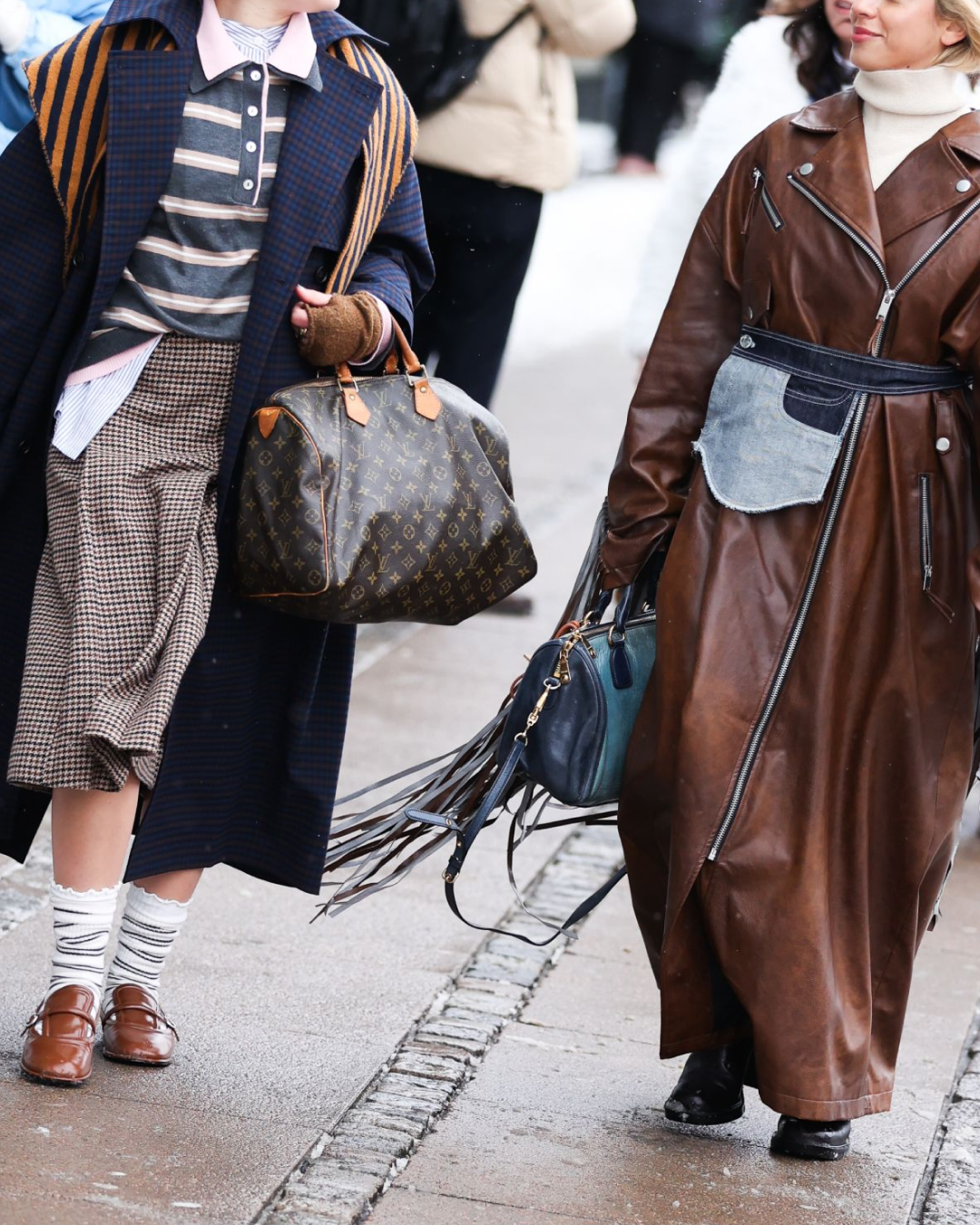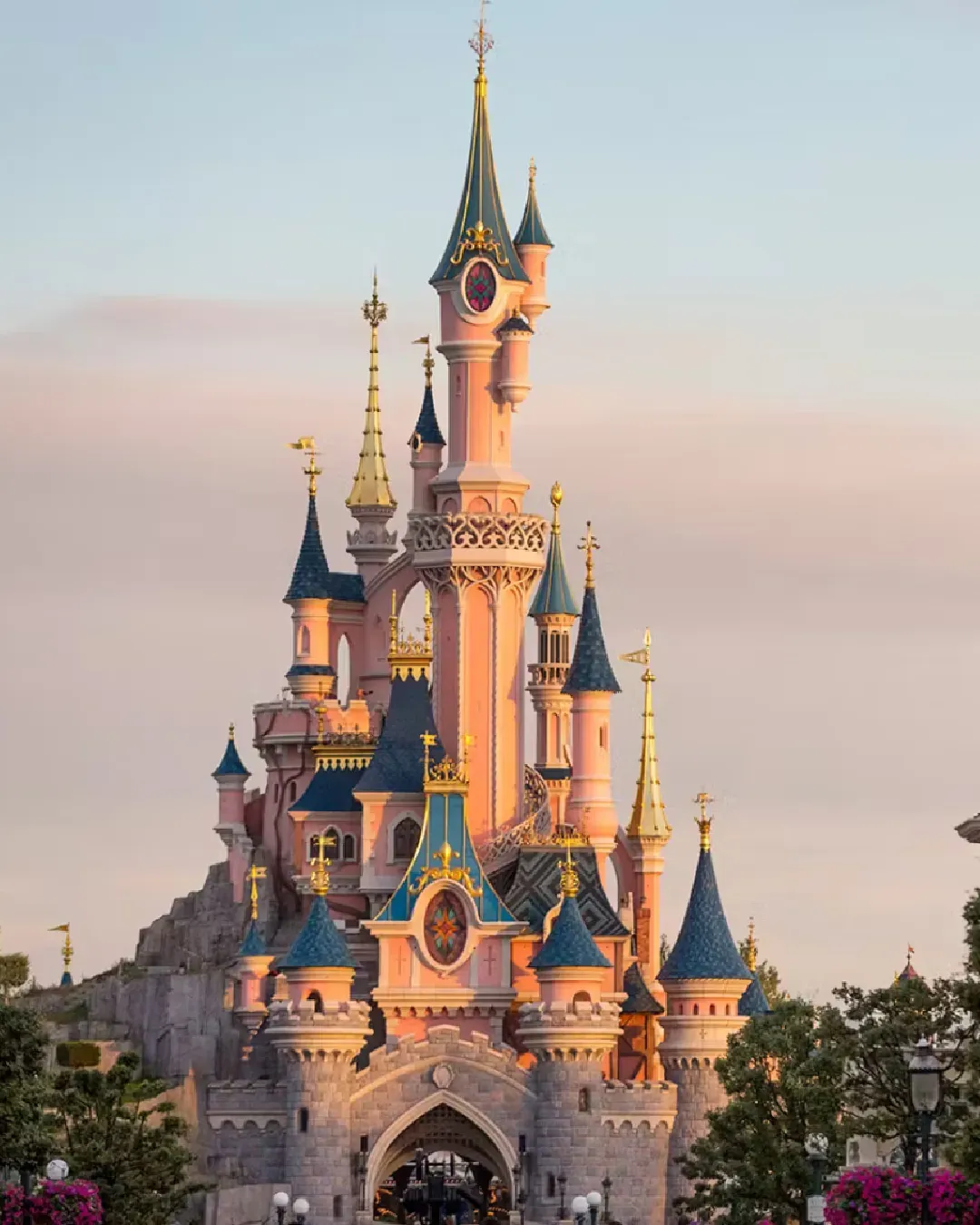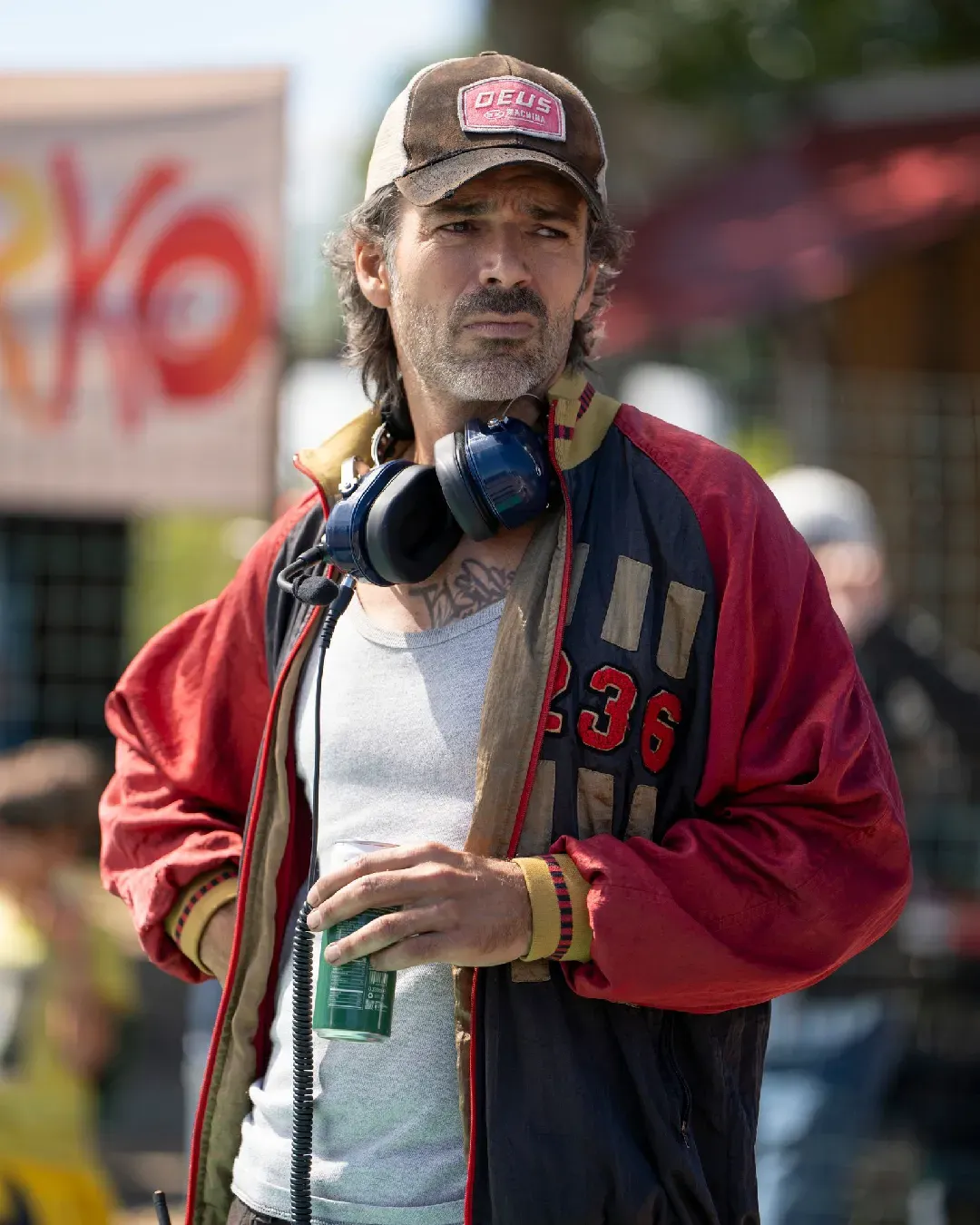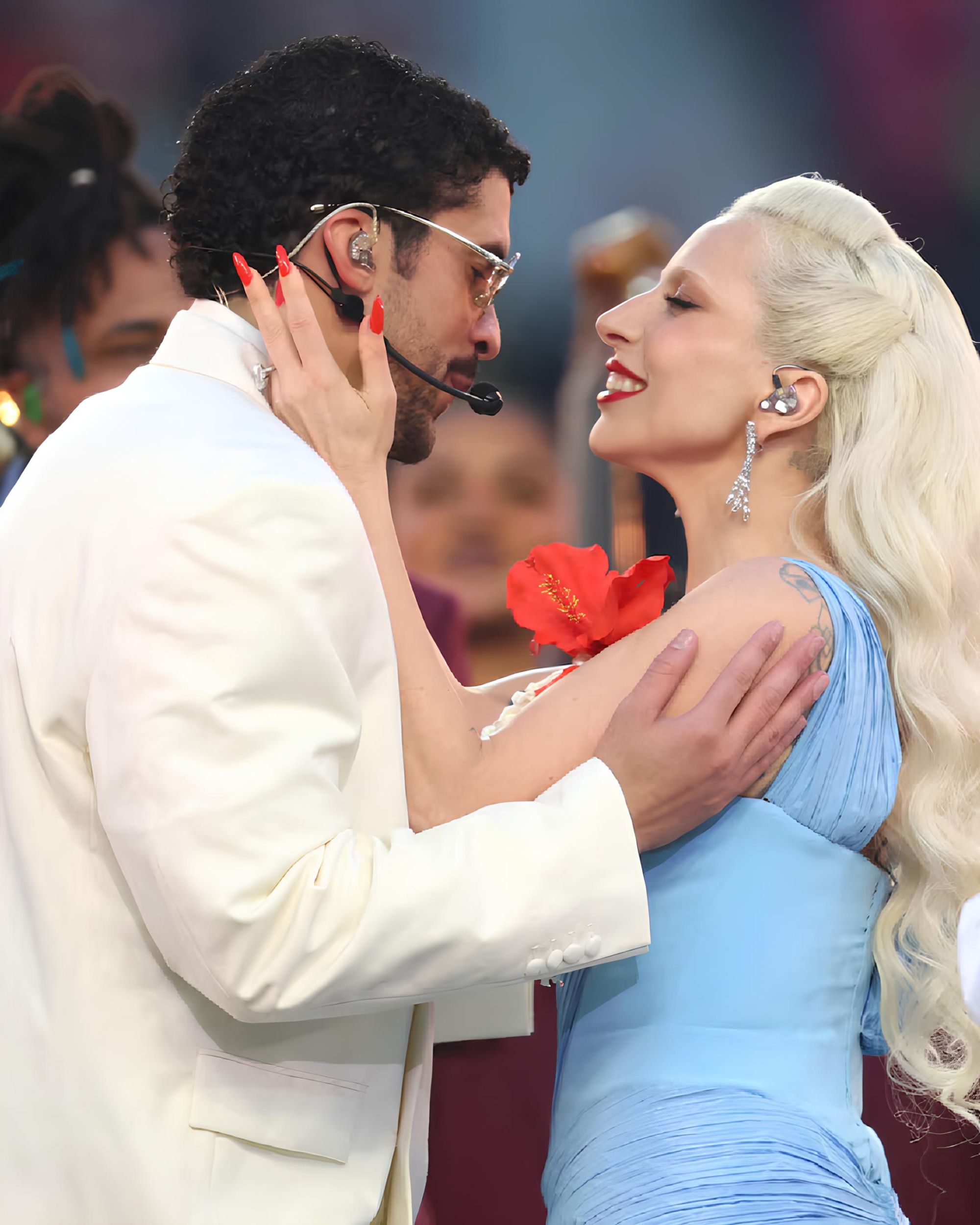
What’s happening to Sanremo? The future of the Italian Song Festival at risk
In early December, right during the launch phase of the new edition of the Festival della Canzone Italiana 2025, the Regional Administrative Court (TAR) of Liguria declared the direct assignment of the festival to Rai illegitimate, stating that a tender among various television broadcasters was necessary. However, since the previous edition had just ended a few months earlier, the judges decided to leave everything unchanged, but it is the future that is stirring debate. «It is an unexpected, complex, and articulated ruling. Together with the municipality’s officials and our legal consultants, we will carefully examine it in the coming days, in order to plan the best strategies for the future,» commented the Mayor of Sanremo, Alessandro Mager. The president of the Italian record producers association, Sergio Cerruti, owner of the label Just Entertainment (JE), contested the exclusive concession of the "Festival della Canzone Italiana" trademark to Rai, which has held it since 1955, arguing that the format, which has changed over time, is not tied to the brand itself. Supporting this possible change were the administrative judges, who listed all past exceptions, from the introduction of public televoting in 2004 to the absence of an audience in the theatre in 2021, due to the Covid-19 pandemic.
@nssmagazine E invece qual è la vostra unpopular opinion su Sanremo? #sanremo2024 #sanremo74 #festivaldellacanzoneitaliana #ariston #intervista #unpopularopinion original sound - nss magazine
Thus, from 2026 onward, it will no longer be possible to directly entrust the Festival to Rai. Or at least, that was the intention. When the call for bids was opened, although the TV network NOVE initially showed interest in organizing the Festival—perhaps even just to give Amadeus another opportunity—the only broadcaster to actually apply was, unsurprisingly, Rai, which therefore won the bid and secured the direction of the Sanremo Festival until 2028. However, tensions didn’t stop there. Relations between the Municipality of Sanremo and Rai are strained, to the point that the broadcaster is considering moving the Festival della Canzone Italiana elsewhere. At the center of it all are financial demands from the Ligurian municipality, deemed excessive—about one million euros more than last year to host the event, and a share of the revenue generated by Rai Pubblicità. It's worth noting, however, that despite the money earned over the years, the Municipality of Sanremo has never really updated its logistical or touristic offerings: on the one hand, there's the issue of the Ariston, an outdated and relatively small theater, and on the other, the high hotel costs, which remain inadequate despite the price.
dal 2027 sanremo non si terrà più a sanremo ma in un’altra località giornata: rovinata pic.twitter.com/ulDoreRQVn
— vale (@_valsslife) June 30, 2025
The most plausible solution currently appears to be a drastic and total change: relocating the Festival. During the presentation of the new TV schedules in Naples, in fact, in addition to confirming a delayed start for the next Festival due to the Winter Olympics, Rai CEO Giampaolo Rossi stated: “Rai will organize the Festival. We believe it will be the Festival of Sanremo, but even if it’s not in Sanremo, Rai will still hold its Festival, because it can produce this musical event anywhere. […] The Sanremo Festival is the Sanremo Festival, but above all, it is Rai’s Festival, meaning that without Rai and without the artists, it is just an empty box.” In the meantime, Rai has already started evaluating possible alternative locations: from Turin, the broadcaster’s hometown, to Sorrento, a top contender thanks to its proximity to Naples—a city increasingly central to the Italian cultural scene—and especially for its strong musical heritage. Also not to be ruled out are the Adriatic Coast, with Rimini and Senigallia, and Viareggio, considering—as noted by Fratelli d’Italia MP Riccardo Zucconi—that “the Festival della Canzone Italiana originated in Viareggio in 1948.” Another option could be a traveling festival, rotating every two years, bringing Italian music to different cities and regions—something that could make the event even more appealing. However, there is considerable skepticism, especially considering that for time immemorial, February has meant one thing only: the Festival of Sanremo, not just a generic “Festival of Italian Song.” In short, the future of the Festival della Canzone Italiana is uncertain and fragile: all we can do is hope that another cornerstone of Italian musical culture isn’t dismantled.















































